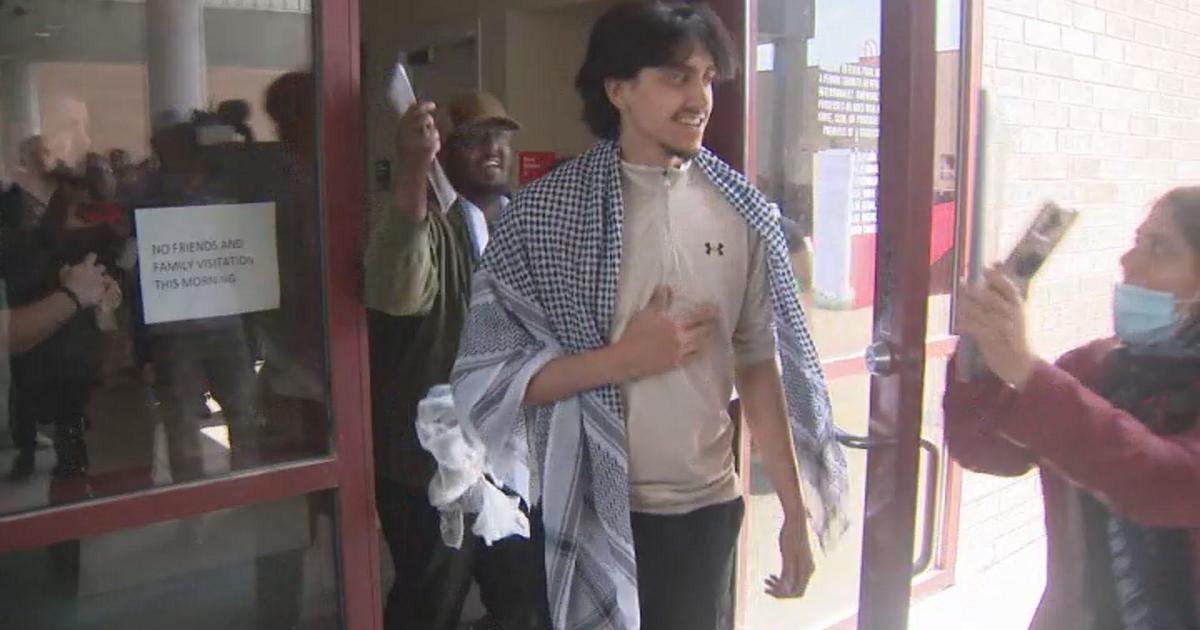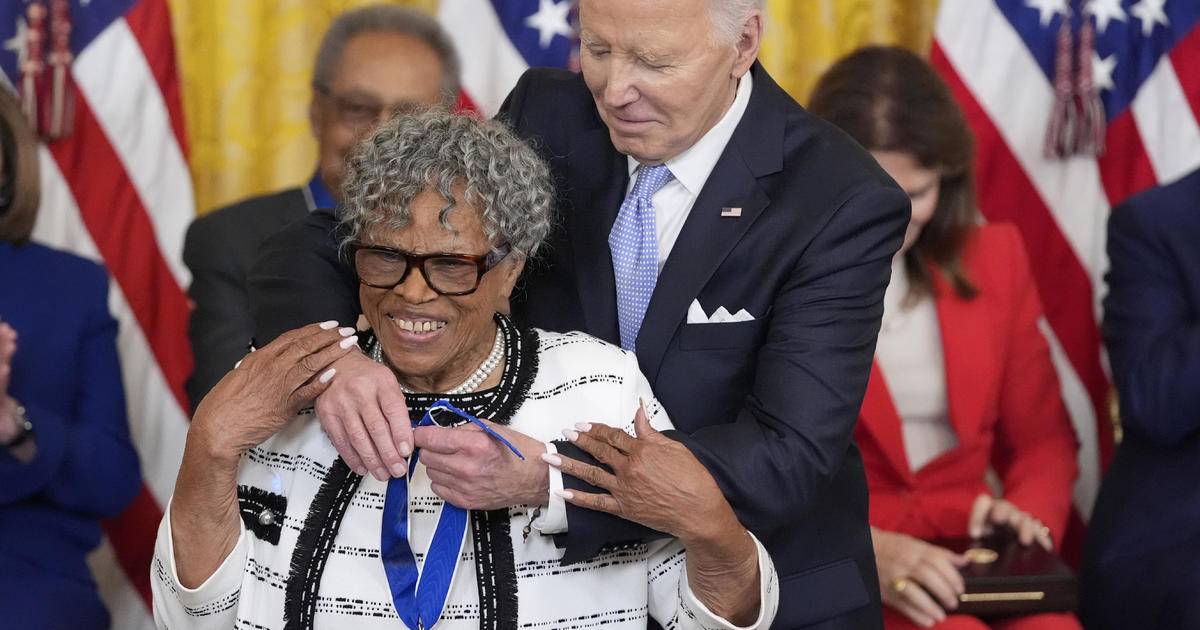Special counsel urges Supreme Court to deny Trump's bid to halt decision rejecting immunity claim in 2020 election case
Washington — Special counsel Jack Smith urged the Supreme Court on Wednesday to allow a lower court decision rejecting former President Donald Trump's claim he is immune from federal prosecution to take effect, clearing the way for his trial in the case involving the 2020 presidential election to proceed.
In a 40-page filing with the Supreme Court, the special counsel argued the "public interest in a prompt trial is at its zenith where, as here, a former president is charged with conspiring to subvert the electoral process so that he could remain in office."
"The nation has a compelling interest in seeing the charges brought to trial," Smith wrote.
His filing came in response to Trump's request to the Supreme Court earlier this week for it to freeze a decision from the federal appeals court in Washington that denied his claim of broad immunity from prosecution for his alleged efforts to overturn the results of the 2020 presidential election.
The three-judge panel on the U.S. Court of Appeals for the District of Columbia Circuit gave Trump until Feb. 12 to seek emergency relief from the Supreme Court, a deadline the former president met. His lawyers asked the justices to keep trial proceedings on hold — they have been halted since December — to give Trump time to ask the full D.C. Circuit to reconsider his immunity argument and then appeal to the Supreme Court if needed.
Trump's trial in Washington was initially scheduled to begin March 4, but U.S. District Judge Tanya Chutkan, who is presiding over the case, delayed its start earlier this month.
In his filing, Smith said that if the Supreme Court believes that Trump's immunity claim warrants its review, it should take up the case on an expedited basis. The special counsel proposed a schedule that would allow for the court to hear oral argument in March and issue an opinion resolving the issue "as promptly as possible this term, so that, if the court rejects [Trump's] immunity claim, a timely and fair trial can begin with minimal additional delay."
Submitted to the justices nearly a week before it was due, Smith argued in the court papers that Trump's assertion that he is absolutely immune from criminal charges based on conduct falling within his official duties is not supported by constitutional text, separation-of-powers principles, history, or logic.
"If that radical claim were accepted, it would upend understandings about presidential accountability that have prevailed throughout history while undermining democracy and the rule of law — particularly where, as here, a former president is alleged to have committed crimes to remain in office despite losing an election, thereby seeking to subvert constitutional procedures for transferring power and to disenfranchise millions of voters," the special counsel wrote.
He said the crimes Trump is alleged to have committed, stemming from what prosecutors claim is his efforts to subvert the transfer of presidential power after the 2020 election, "strike at the heart of our democracy."
"A president's alleged criminal scheme to overturn an election and thwart the peaceful transfer of power to his successor should be the last place to recognize a novel form of absolute immunity from federal criminal law," Smith wrote.
If the Supreme Court grants Trump's request to stay the lower court's ruling while he seeks further review, it is likely to delay his trial further. Trump is currently the frontrunner for the Republican presidential nomination, and he has claimed that requiring him to stand trial during the height of the 2024 election season would infringe on his First Amendment rights and disrupt his ability to campaign against President Biden.
Trump first argued in October that his claim of presidential immunity is grounds for the four charges he faces to be dismissed. He has pleaded not guilty to all counts.
Chutkan rejected his bid to toss out the indictment in December, and Trump appealed the decision to the D.C. Circuit. Smith then asked the Supreme Court to bypass the appeals court and decide whether the former president is shielded from criminal charges for official acts. The justices rejected the special counsel's request to step in at that time.
In a landmark decision earlier this month, the three-judge panel on the D.C. Circuit upheld Chutkan's decision denying Trump absolute immunity.
"For the purpose of this criminal case, former President Trump has become citizen Trump, with all of the defenses of any other criminal defendant," the panel, consisting of Judges Karen LeCraft Henderson, Michelle Childs and Florence Pan, wrote in a unanimous opinion. "But any executive immunity that may have protected him while he served as President no longer protects him against this prosecution."
Trump's position, the judges warned, "would collapse our system of separated powers by placing the President beyond the reach of all three Branches. Presidential immunity against federal indictment would mean that, as to the President, the Congress could not legislate, the Executive could not prosecute and the Judiciary could not review. We cannot accept that the office of the Presidency places its former occupants above the law for all time thereafter."



